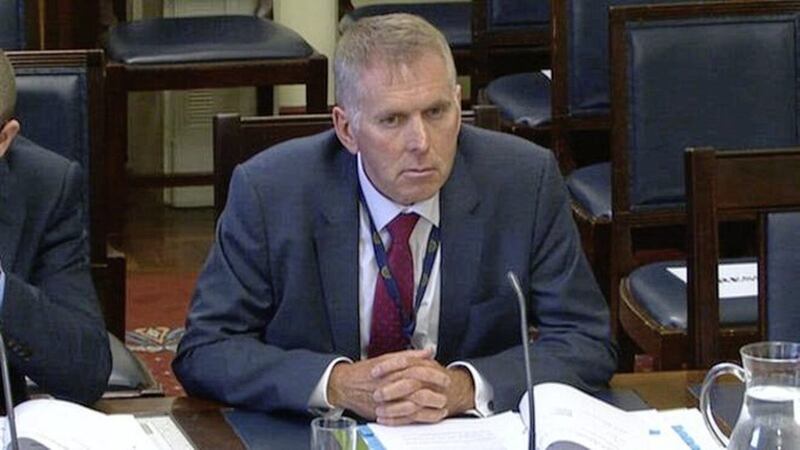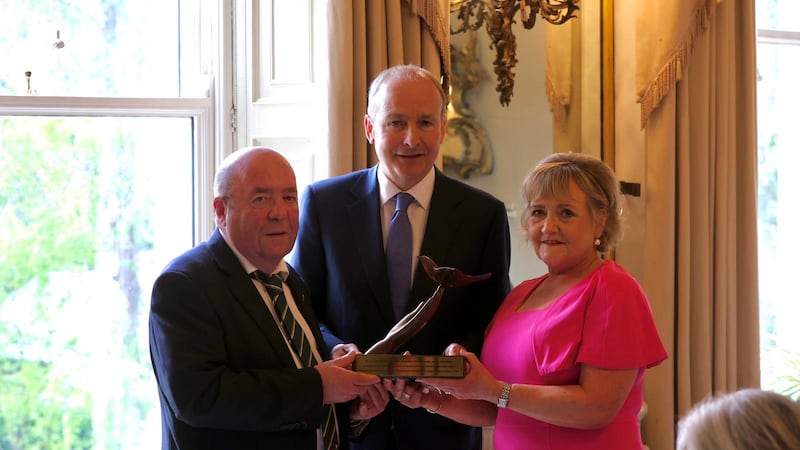STORMONT'S chief civil servant has warned that Brexit could lead to more people from Northern Ireland leaving to work in the Republic.
David Sterling, head of the Northern Ireland Civil Service, also said it "could hamper our efforts to grow the local economy" if the north has more restricted access to labour than the south.
In a seven-page letter to the British government's migration advisory committee, Mr Sterling outlined the potential impact of a stricter migration system when the UK leaves the European Union.
He said immigration has "added a diversity and a maturity to Northern Ireland society" and this "should not be undermined".
The committee is conducting a review assessing the impact of Brexit on the UK labour market.
An interim report, published last week, described how employers are "fearful" about what a future migration system will be like and their ability to recruit workers from the EU.
Mr Sterling's letter was sent last November, but was only released following the publication of the report.
He said that since the economic downturn, more people typically leave Northern Ireland to live in Britain than the other way round.
"However, in the context of EU exit, this picture could present an additional risk to the local labour market if, for example, restrictions were placed on international workers coming here and if that was compounded by vacancies in Great Britain attracting additional labour from Northern Ireland," he said.
"The local labour market may be further impacted post EU exit by vacancies in the RoI (Republic of Ireland) attracting more indigenous labour away from Northern Ireland than is currently the case."
Mr Sterling said Northern Ireland's position as the only part of the UK having a land border with the EU should be considered in shaping future immigration policy.
He added that manufacturing companies in the north are more dependent on migrant workers, with EU migrants making up almost a fifth of employees compared to around half that figure in Britain.
"Northern Ireland's competitiveness could be significantly and adversely affected, if one side of that border has freer access to labour/skills," he said.
With civil servants left in charge of government departments since the collapse of the power-sharing executive more than a year ago, Mr Sterling stressed that his letter "has been drafted by officials and seeks to reflect the views of a diverse range of local stakeholders, but it has had no political input".








